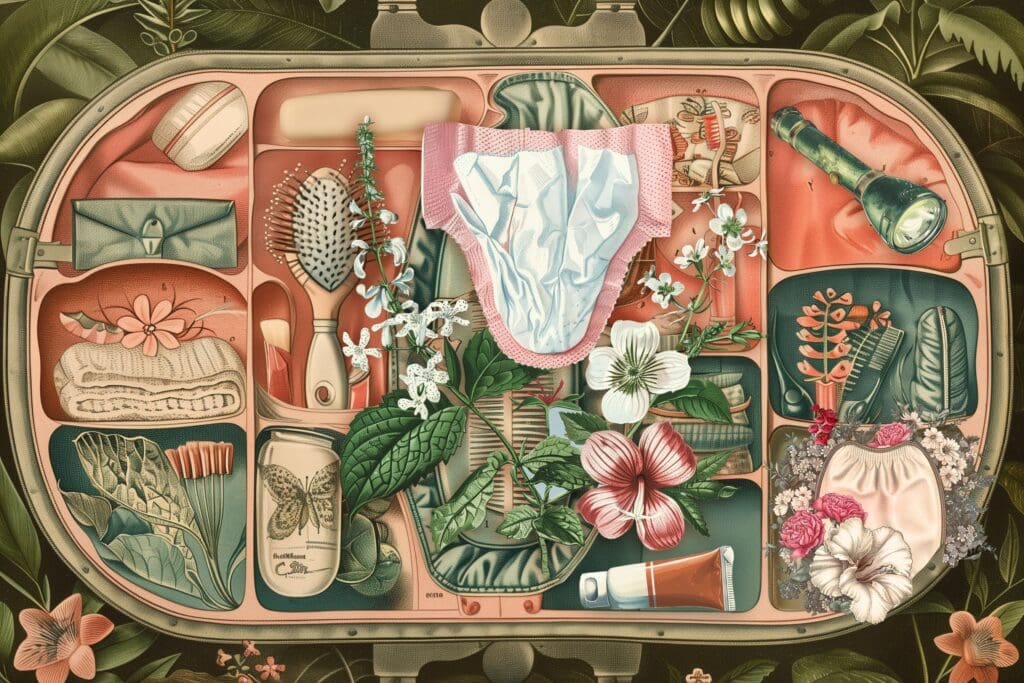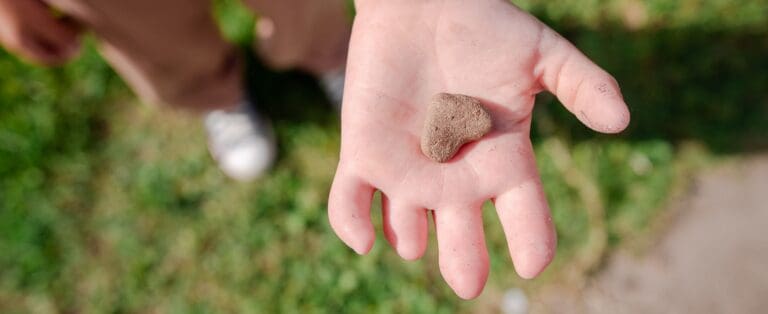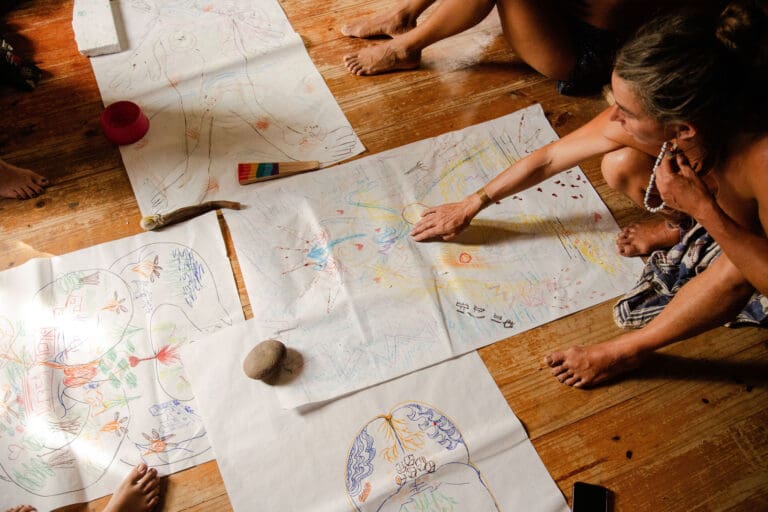Introduction
In the aftermath of the catastrophic crises that have recently besieged Africa – i.e., the catastrophic floods from Storm Daniel in Libya and the relentless Sudan conflict – countless women and girls find themselves internally displaced, navigating the complex intersection of climate change and civil wars. Amidst this web of challenges, the provision of dignity kits has emerged as a crucial support system, addressing the unique needs of these internally displaced women. This blog post delves into the profound impact of dignity kits in the face of polycrises, emphasising their role in restoring self-worth and empowerment to those affected.
The Multifaceted Distress of Internally Displaced Women
Whether fleeing the floods in Libya exacerbated by climate change or escaping the violence in Sudan fuelled by civil unrest, internally displaced women face a twofold crisis – the loss of everything familiar and the challenges of rebuilding amidst uncertainty. Stripped of necessities like clean clothing, sanitary products, and clean water, personal hygiene items, these women not only confront physical hardships but also grapple with the erosion of their dignity and self-esteem. The interconnectedness of climate change and civil wars amplifies the complexities of their plight, subjecting them to heightened risks of gender-based violence, exploitation, and human trafficking in overcrowded camps and unfamiliar environments.
In the context of polycrises, where climate change and civil wars intersect, the challenges for internally displaced women become even more intricate. Climate change exacerbates natural disasters like floods, intensifying the frequency and severity of such events. Simultaneously, civil wars create an environment of conflict and instability, displacing millions and exacerbating the vulnerabilities of those affected.

The Significance of Dignity Kits Amidst Polycrises
Dignity kits, meticulously designed for internally displaced women, emerge as beacons of hope in the face of polycrises. Tailored to cater to the unique needs and cultural nuances of recipients, these packages encompass vital supplies such as underwear, bras, sanitary pads/tampons, soap, toothpaste/toothbrushes, towels, blankets, and culturally appropriate clothing options like hijabs or headscarves, provided as necessary. The empowerment of women through dignity kits embodies a holistic approach, addressing not only the immediate challenges posed by polycrises, including those imposed by climate change and civil wars, but also fostering resilience, health, safety, and self-esteem amid the multifaceted difficulties presented by these complex situations.
Some of the benefits of empowering women with dignity kits amidst polycrisis include:
- Symbolism of Hope and Empowerment
Beyond their practical utility, dignity kits symbolise hope and empowerment in the face of polycrises. They serve as tangible expressions of support, acknowledging the psychological impact of providing essential items for self-care and well-being. By supplying these kits, we send a powerful message of solidarity and care to those navigating the complexities of displacement.
- Holistic Approach to Immediate Challenges
Dignity kits adopt a holistic and practical approach to address the immediate challenges presented by polycrisis, including those arising from climate change and civil wars. They restore basic hygiene in displacement situations where access to clean water and sanitation facilities is limited or scarce. Additionally, these kits address the challenges of menstruation by providing sanitary products, reinforcing safety and privacy with items like blankets or shawls, and boosting self-esteem through the provision of clean clothing and culturally appropriate items.
- Fostering Resilience, Health, and Safety
The multifaceted benefits of dignity kits extend to fostering resilience, health, and safety among internally displaced women. These kits contribute to overall well-being, nurturing resilience by meeting fundamental needs during crises. Furthermore, they enhance health and safety by providing access to hygiene essentials, thereby mitigating risks associated with displacement, such as gender-based violence, exploitation, and human trafficking.
- Boosting Self-Esteem
By addressing these fundamental needs, dignity kits alleviate the emotional burden experienced by internally displaced women. Providing clean clothing, personal care products, and culturally appropriate items helps restore their sense of self-worth and dignity, empowering them to face the challenges ahead with increased confidence.
Conclusion
Amidst the interconnected challenges of climate change and civil wars, dignity kits emerge as invaluable tools for restoration and empowerment. Recognising the importance of dignity kits and supporting initiatives focused on their provision allows us to play a vital role in ensuring that no woman is left behind during times of polycrises. By fostering resilience, hope, and a brighter future, we contribute to rebuilding lives in the face of interconnected adversities.



